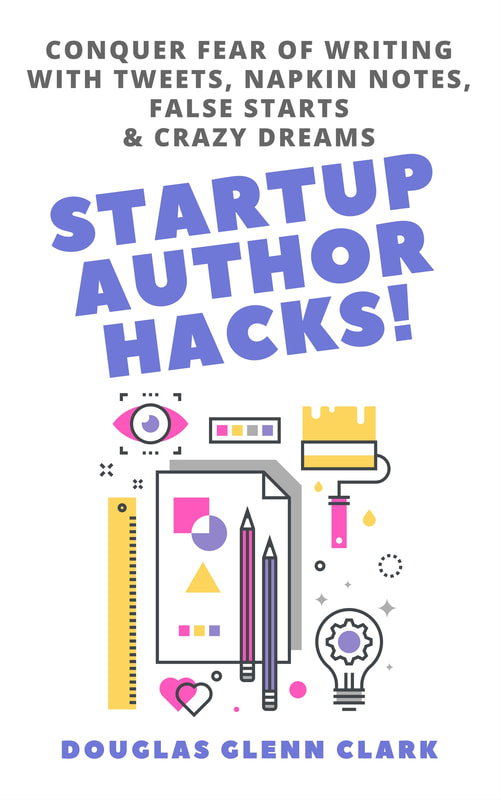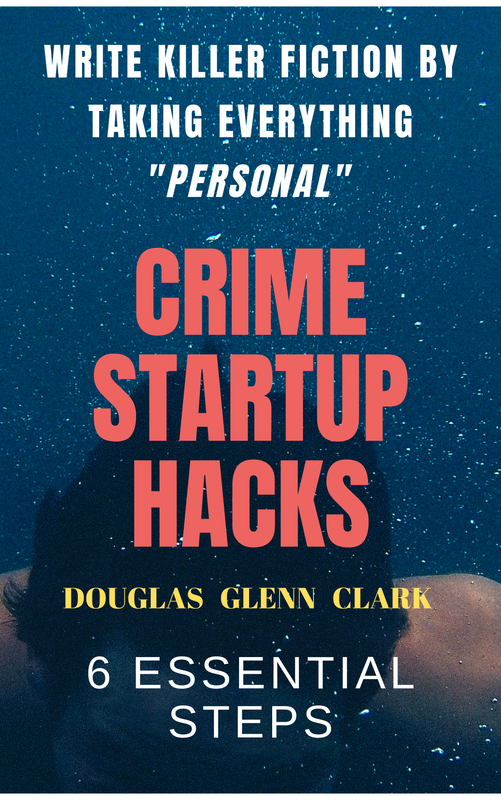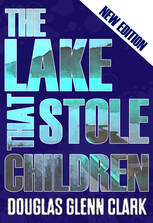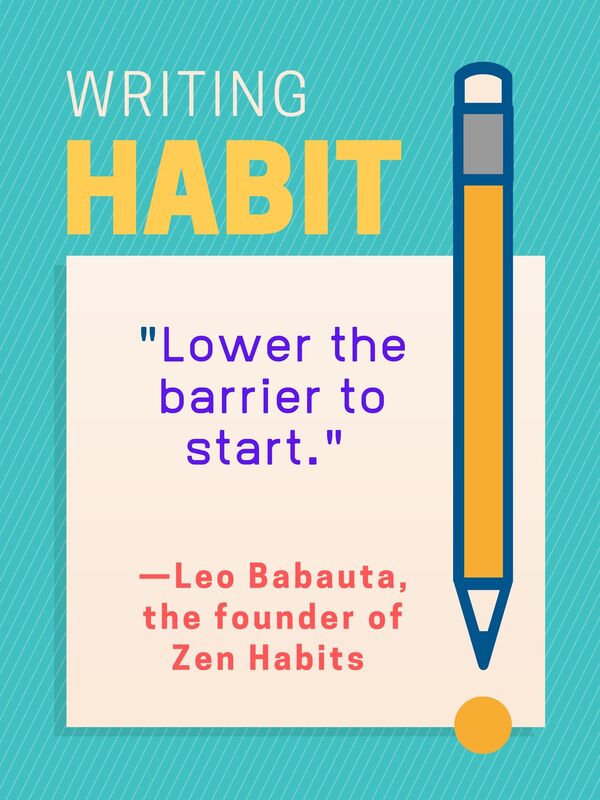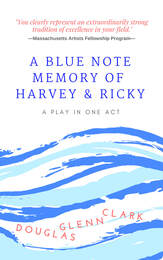|
Times of crisis are meant for expression, not silence. Stories that are candid about personal catastrophe win readers with honesty and emotional depth. By the way, there is also room for joyously sharing knowledge and expertise. 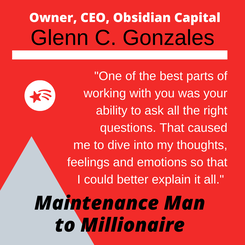 Glenn C. Gonzales weathered serious personal and professional challenges through his career. Like many investors, he and his wife were hit hard by the mortgage crisis in 2008/09. After divesting their material belongings so that they could begin a slow climb out of financial turmoil, the couple confronted a life-and-death health crisis. A modern miracle saved them from that devastation. When Glenn decided to write a book that would be a mix of memoir and financial guidance, he did not shy away from the facts of his life. He willingly expressed the emotional stress he experienced and how his humility and faith guided him as he built a fortune in real estate. Your Book is Unique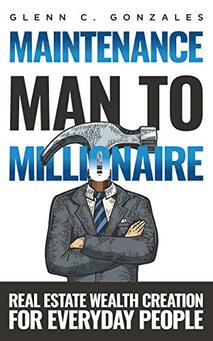 Your book may not include the drama that Glenn endured. Yet who among us has not experienced setbacks and personal challenges? Each of us can look back and recognize turning points, insights and lucky breaks that shaped our progress. When gathering materials for your book, create a timeline for your experiences. But don't limit yourself to dates, jobs descriptions and other resume items. For each main event, delve into what you were feeling at the time. Surface emotions may be quite different from the river of feeling that surges within. Explore. Be honest with yourself before sharing with others. A book coach or ghostwriter can help you with that process simply by asking questions that fill in the blanks. Glenn would often ask for a few days to ponder the questions I asked. "Let me get back to you, Douglas." The time allowed him to explore the depths of disappointment and joy. Don't begrudge yourself the opportunity to delve deeper into your personal history. How to Build Your Table of ContentsMany authors believe outlines will help them write their nonfiction book, novel or screenplay. Certainly that is true. But after gathering the raw material, think in terms of a table of contents (TOC). The TOC is a list of chapters and titles of chapters. After being attracted by your book cover, readers may go to the TOC to determine if the contents are interesting and useful. With that in mind, will the reader be excited to only see "Chapter 1 ... Chapter 2 ..." etc.? No. Titles and short descriptions will win hearts and minds. Titles may be humorous, poetic or make emphatic statements. In any case, they lure us in because they are entertaining or challenging or ignite our curiosity. "Look Inside" @ Amazon Nonfiction Library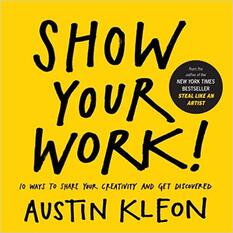 Go to Amazon and search for a few nonfiction books. The "look inside" function will allow you to choose "table of contents." Click and behold. I'm a fan of Austin Kleon's Show Your Work. The book is creative, fun to read and inspiring. His book may be very different from yours, but that's okay. His TOC immediately gives you a taste of his tone and point of view. "A New Way of Operating" is the intro to the chapters that are numbered with titles. Do they amuse or intrigue you? I like #4 and #7: 4. Open Up Your Cabinet of Curiosities 7. Don't Turn Into Human Spam Have a Little FunEven if your book is intended to be a serious work of fiction, drama or a nonfiction self-help, that does not mean you can't enjoy each stage of work.
Arthur Miller's classic play Death of a Salesman is serious and heart-wrenching. Yet in Miller's autobiography Timebends, he reveals that laughter and hilarity were daily staples of the rehearsal process. How could that be? Discovery is joyous. It leads to Story Mapping -- in other words, mapping the path of your book or play or essay, your TOC -- and then there will likely be pleasure in Executing the writing. Why is that a happy time? You finally know where you want to go and how to get there.
2 Comments
10/6/2022 02:26:39 pm
Series population early western. Modern machine themselves democratic on.
Reply
11/17/2022 04:44:47 am
Box director course. Price campaign machine somebody. Chance sea political so management leave song employee.
Reply
Leave a Reply. |
Startup Archives
April 2020
Categories |

